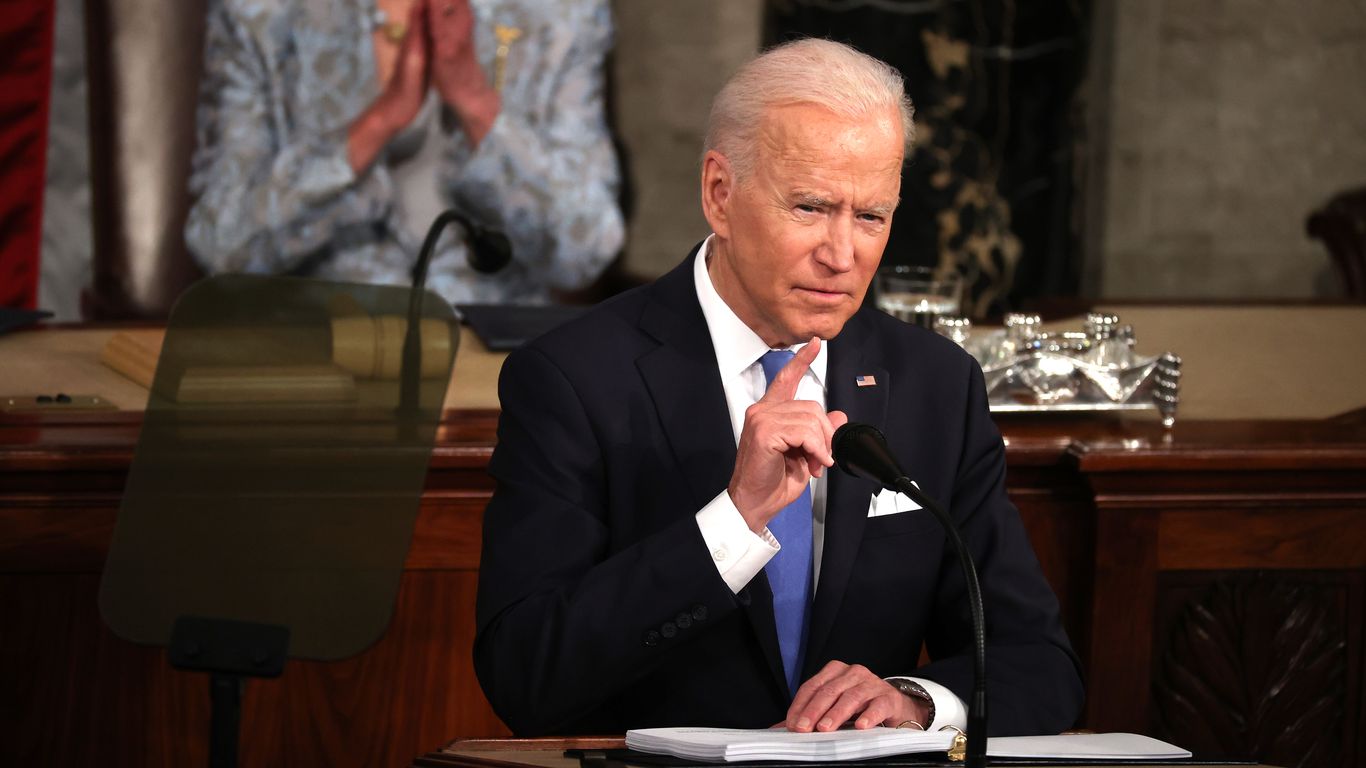Looks like a decent chance Chauvin will get a new trial ... one of the jurors lied (badly)
A juror in the Derek Chauvin trial may have jeopardized the guilty verdict by attending a rally last year and wearing a “Get Your Knee Off Our Necks/BLM” T-shirt, raising questions about whether he told the truth during jury selection.
Brandon Mitchell, known as Juror #52, told Minneapolis news outlets Monday that he attended the Aug. 28 march in Washington, D.C., featuring speeches by George Floyd’s siblings, while a photo circulating online shows him with two cousins wearing the T-shirt as well as a “Black Lives Matter” hat.
What may come back to haunt the prosecution is that Mr. Mitchell, 31, answered “no” when asked during jury selection if he had attended any protests for George Floyd.
“I think they asked if I attended any protests for George Floyd or anything for police brutality. My answer was no because I hadn’t,” Mr. Mitchell told WCCO-TV in Minneapolis. “This particular march was more so for voting, voter registration. Getting people out to get out and vote for the presidential election that was upcoming a couple months afterward … This was the only thing I attended.”
The march was held to commemorate the anniversary of Martin Luther King Jr.’s “I Have a Dream” speech, but the National Action Network billed it as the “Commitment March: Get Your Knee Off Our Necks,” and several members of the Floyd family spoke.
News photos from the event show demonstrators wearing Black Lives Matter T-shirts and carrying BLM flags as well as signs with messages that included, “I Can’t Breathe,” which Floyd repeatedly told police before he died.
“The march that he went to, which was on August 28, 2020, was specifically about police brutality,” criminal defense attorney Joe Tamburino, who was not associated with the case, told WCCO. “In fact, it was partly advertised as ‘Get Your Knee Off Our Necks’ and it had speakers with the Floyd family, Breonna Taylor and Jacob Blake.”
The ex-cop Chauvin was convicted April 20 of second-degree murder, third-degree murder and second-degree manslaughter charges in Floyd’s May 25 death in Minneapolis police custody.
Mr. Mitchell told the Minneapolis Star-Tribune that it was “100% not” a George Floyd march, but the juror’s presence at the event is expected to boost the defense’s chances on appeal.
“If [Mitchell] specifically was asked, ‘Have you ever participated in a Black Lives Matter demonstration,’ and he answered, ‘No,’ to that, I think that would be an important appealable issue,” Joseph Daly, emeritus professor at Mitchell Hamline School of Law, told the Star-Tribune.
Even a mistrial might not be out of the question.
“A number of legal sources, including those familiar with the trial, told WCCO this juror at minimum will have to be questioned in what’s called a Schwartz hearing. And depending on his answers, a mistrial could be declared,” the station reported.
Even before the Mitchell disclosures, Chauvin attorney Eric Nelson had several possible avenues for an appeal.
Hennepin County Judge Peter Cahill refused to move the trial away from Minneapolis, despite the enormous pre-trial publicity.
He also denied defense requests to sequester the jury, even after protests and rioting broke out 10 miles from the courthouse over the deadly police shooting of 20-year-old Daunte Wright in Brooklyn Center.
Judge Cahill later denied a request for a mistrial after Rep. Maxine Waters, California Democrat, drew headlines for showing up April 17 at the protests and telling reporters that activists should “stay in the streets” and “get more confrontational” if Chauvin was acquitted of murder.
At the same time, the judge told attorneys that “I’ll give you that Congresswoman Waters may have given you something on appeal that may result in this whole trial being overturned.”
The 45-year-old Chauvin is scheduled to be sentenced June 16.
Mr. Mitchell, who has given multiple media interviews since the verdict, said he did not remember wearing the shirt, and insisted the march was “directly related to MLK’s March on Washington from the ‘60s.”
“I’d never been to [Washington] D.C.,” Mr. Mitchell said. “The opportunity to go to D.C., the opportunity to be around thousands and thousands of Black people; I just thought it was a good opportunity to be a part of something.”


www.axios.com



www.chicagotribune.com
